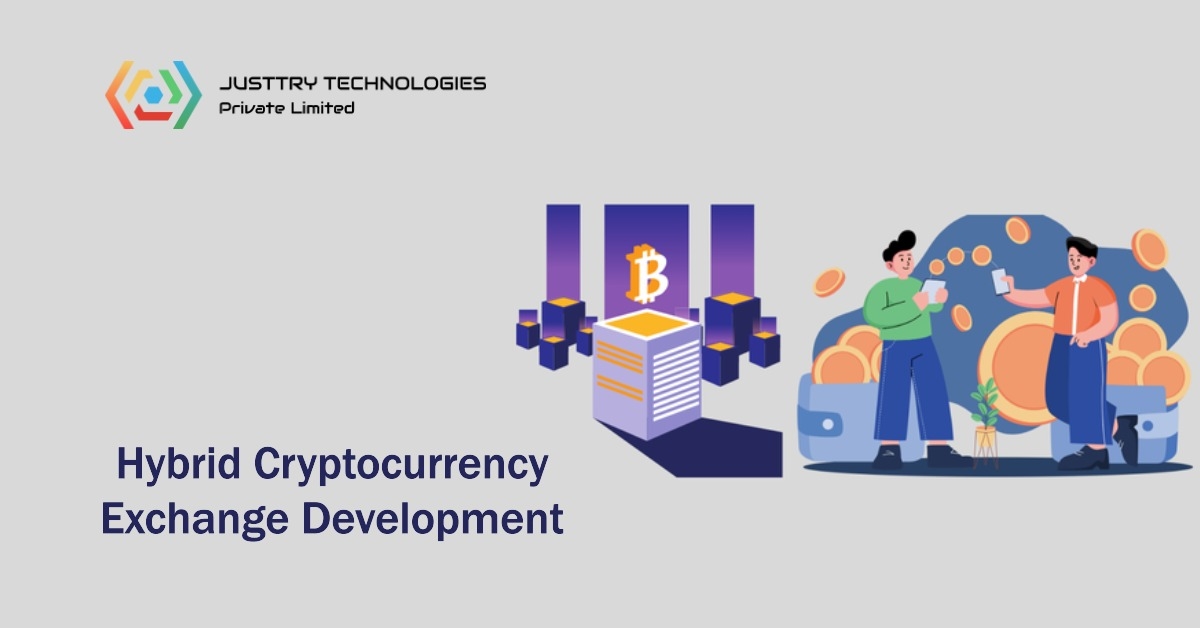What industries besides oil and gas could help diversify Nigeria’s economy?
Nigeria possesses immense potential in various sectors beyond oil and gas that could drive significant economic diversification and sustainable growth. Here are some of the most promising industries:
Agriculture and Agro-processing:
Vast Arable Land: Nigeria has extensive arable land, much of which is underutilized. It was once a major global producer of cash crops like cocoa, palm oil, groundnuts, and rubber.
Food Security and Export Potential: Investing in agriculture can address food insecurity and provide significant export earnings. Focus areas include staple crops (rice, maize, cassava, wheat), cash crops (cocoa, cashew, sesame, ginger), and livestock/aquaculture.
Value Addition: Moving beyond raw commodity export to agro-processing (e.g., transforming cassava into starch/ethanol, cocoa into chocolate products, palm oil into various derivatives) creates more jobs, increases revenue, and reduces post-harvest losses.
Technology and Modernization: Adopting modern farming techniques, irrigation, biotechnology, and precision agriculture can boost productivity.
Public-Private Partnerships: Attracting private investment through incentives and improving rural infrastructure (roads, storage) are crucial.
Manufacturing:
Large Domestic Market: Nigeria's huge population provides a massive domestic market for manufactured goods, reducing reliance on imports.
Backward Integration: Encouraging local sourcing of raw materials for manufacturing can stimulate other sectors (like agriculture and solid minerals).
Specific Sub-sectors: Opportunities exist in light manufacturing (textiles, garments, footwear), food and beverage processing, pharmaceuticals, construction materials (cement, steel), and potentially automotive assembly.
Challenges: This sector faces significant hurdles like unreliable power supply, high cost of finance, import dependency for raw materials, and competition from cheap imports. Addressing these through targeted policies, special economic zones, and infrastructure development is key.
Solid Minerals:
Abundant Untapped Resources: Nigeria is rich in various solid minerals, including gold, coal, iron ore, limestone, lead, zinc, bitumen, and critical minerals like lithium (increasingly important for global energy transition).
Revenue and Jobs: Proper exploration, extraction, and processing can generate substantial government revenue and create jobs, particularly in rural areas.
Value Addition: Like oil, exporting raw minerals offers limited value. Establishing processing plants to refine minerals into higher-value products (e.g., iron ore to steel, bauxite to aluminum) would maximize benefits.
Challenges: The sector is plagued by illegal mining, lack of comprehensive geological data, inadequate infrastructure, and limited regulatory oversight. Recent government efforts to formalize artisanal mining and attract investment show promise.
Information and Communication Technology (ICT) / Digital Economy:
Young, Tech-Savvy Population: Nigeria has a large, vibrant, and increasingly tech-savvy youth population, driving innovation.
Growth of Tech Hubs: Cities like Lagos are emerging as significant tech hubs, attracting venture capital.
Areas of Opportunity: Software development, fintech (mobile payments, digital banking), e-commerce, digital content creation (Nollywood, music), animation, and IT services are all areas with strong growth potential.
Digital Inclusion: Expanding internet penetration and digital literacy can further unlock this sector's potential for inclusive growth.
Creative Industry (Nollywood, Music, Fashion, Arts):
Global Recognition: Nigeria's creative industry, particularly Nollywood (the film industry) and its music scene (Afro-beats), has gained significant international acclaim and generated substantial revenue.
Job Creation: This sector is a major employer of youth, spanning actors, producers, musicians, designers, technicians, and marketing professionals.
Export Potential: Nigerian creative content and fashion are increasingly exported, showcasing cultural soft power and earning foreign exchange.
Investment Needs: Support for intellectual property protection, access to finance for productions, and infrastructure for studios and performance venues can boost growth.
Tourism and Hospitality:
Diverse Attractions: Nigeria boasts a rich cultural heritage, diverse landscapes (beaches, mountains, wildlife reserves), historical sites, and vibrant festivals.
Job Creation: Tourism can create numerous jobs, from tour guides and hotel staff to artisans and transport providers.
Domestic and International Tourism: While international tourism has potential, developing domestic tourism can also be a significant revenue generator.
Challenges: Insecurity in certain regions, inadequate infrastructure (transport, accommodation), poor marketing, and insufficient investment are major hindrances. Addressing these is crucial to unlocking its potential.
Renewable Energy:
Energy Deficit: Nigeria faces a significant power deficit, making renewable energy (solar, wind, hydropower, biomass) crucial for sustainable development.
Abundant Resources: The country has abundant solar radiation, potential for wind energy, and biomass.
Investment and Job Creation: Investing in renewable energy infrastructure can provide stable power, reduce reliance on fossil fuels, and create jobs in installation, maintenance, and manufacturing of components.
Decentralized Solutions: Off-grid solutions and mini-grids can particularly benefit rural areas and small businesses.
To successfully diversify, Nigeria needs to implement consistent policies, improve infrastructure, address insecurity, strengthen institutions to combat corruption, and create an enabling business environment that attracts both domestic and foreign investment in these critical non-oil sectors.
What industries besides oil and gas could help diversify Nigeria’s economy?
Nigeria possesses immense potential in various sectors beyond oil and gas that could drive significant economic diversification and sustainable growth. Here are some of the most promising industries:
Agriculture and Agro-processing:
Vast Arable Land: Nigeria has extensive arable land, much of which is underutilized. It was once a major global producer of cash crops like cocoa, palm oil, groundnuts, and rubber.
Food Security and Export Potential: Investing in agriculture can address food insecurity and provide significant export earnings. Focus areas include staple crops (rice, maize, cassava, wheat), cash crops (cocoa, cashew, sesame, ginger), and livestock/aquaculture.
Value Addition: Moving beyond raw commodity export to agro-processing (e.g., transforming cassava into starch/ethanol, cocoa into chocolate products, palm oil into various derivatives) creates more jobs, increases revenue, and reduces post-harvest losses.
Technology and Modernization: Adopting modern farming techniques, irrigation, biotechnology, and precision agriculture can boost productivity.
Public-Private Partnerships: Attracting private investment through incentives and improving rural infrastructure (roads, storage) are crucial.
Manufacturing:
Large Domestic Market: Nigeria's huge population provides a massive domestic market for manufactured goods, reducing reliance on imports.
Backward Integration: Encouraging local sourcing of raw materials for manufacturing can stimulate other sectors (like agriculture and solid minerals).
Specific Sub-sectors: Opportunities exist in light manufacturing (textiles, garments, footwear), food and beverage processing, pharmaceuticals, construction materials (cement, steel), and potentially automotive assembly.
Challenges: This sector faces significant hurdles like unreliable power supply, high cost of finance, import dependency for raw materials, and competition from cheap imports. Addressing these through targeted policies, special economic zones, and infrastructure development is key.
Solid Minerals:
Abundant Untapped Resources: Nigeria is rich in various solid minerals, including gold, coal, iron ore, limestone, lead, zinc, bitumen, and critical minerals like lithium (increasingly important for global energy transition).
Revenue and Jobs: Proper exploration, extraction, and processing can generate substantial government revenue and create jobs, particularly in rural areas.
Value Addition: Like oil, exporting raw minerals offers limited value. Establishing processing plants to refine minerals into higher-value products (e.g., iron ore to steel, bauxite to aluminum) would maximize benefits.
Challenges: The sector is plagued by illegal mining, lack of comprehensive geological data, inadequate infrastructure, and limited regulatory oversight. Recent government efforts to formalize artisanal mining and attract investment show promise.
Information and Communication Technology (ICT) / Digital Economy:
Young, Tech-Savvy Population: Nigeria has a large, vibrant, and increasingly tech-savvy youth population, driving innovation.
Growth of Tech Hubs: Cities like Lagos are emerging as significant tech hubs, attracting venture capital.
Areas of Opportunity: Software development, fintech (mobile payments, digital banking), e-commerce, digital content creation (Nollywood, music), animation, and IT services are all areas with strong growth potential.
Digital Inclusion: Expanding internet penetration and digital literacy can further unlock this sector's potential for inclusive growth.
Creative Industry (Nollywood, Music, Fashion, Arts):
Global Recognition: Nigeria's creative industry, particularly Nollywood (the film industry) and its music scene (Afro-beats), has gained significant international acclaim and generated substantial revenue.
Job Creation: This sector is a major employer of youth, spanning actors, producers, musicians, designers, technicians, and marketing professionals.
Export Potential: Nigerian creative content and fashion are increasingly exported, showcasing cultural soft power and earning foreign exchange.
Investment Needs: Support for intellectual property protection, access to finance for productions, and infrastructure for studios and performance venues can boost growth.
Tourism and Hospitality:
Diverse Attractions: Nigeria boasts a rich cultural heritage, diverse landscapes (beaches, mountains, wildlife reserves), historical sites, and vibrant festivals.
Job Creation: Tourism can create numerous jobs, from tour guides and hotel staff to artisans and transport providers.
Domestic and International Tourism: While international tourism has potential, developing domestic tourism can also be a significant revenue generator.
Challenges: Insecurity in certain regions, inadequate infrastructure (transport, accommodation), poor marketing, and insufficient investment are major hindrances. Addressing these is crucial to unlocking its potential.
Renewable Energy:
Energy Deficit: Nigeria faces a significant power deficit, making renewable energy (solar, wind, hydropower, biomass) crucial for sustainable development.
Abundant Resources: The country has abundant solar radiation, potential for wind energy, and biomass.
Investment and Job Creation: Investing in renewable energy infrastructure can provide stable power, reduce reliance on fossil fuels, and create jobs in installation, maintenance, and manufacturing of components.
Decentralized Solutions: Off-grid solutions and mini-grids can particularly benefit rural areas and small businesses.
To successfully diversify, Nigeria needs to implement consistent policies, improve infrastructure, address insecurity, strengthen institutions to combat corruption, and create an enabling business environment that attracts both domestic and foreign investment in these critical non-oil sectors.









